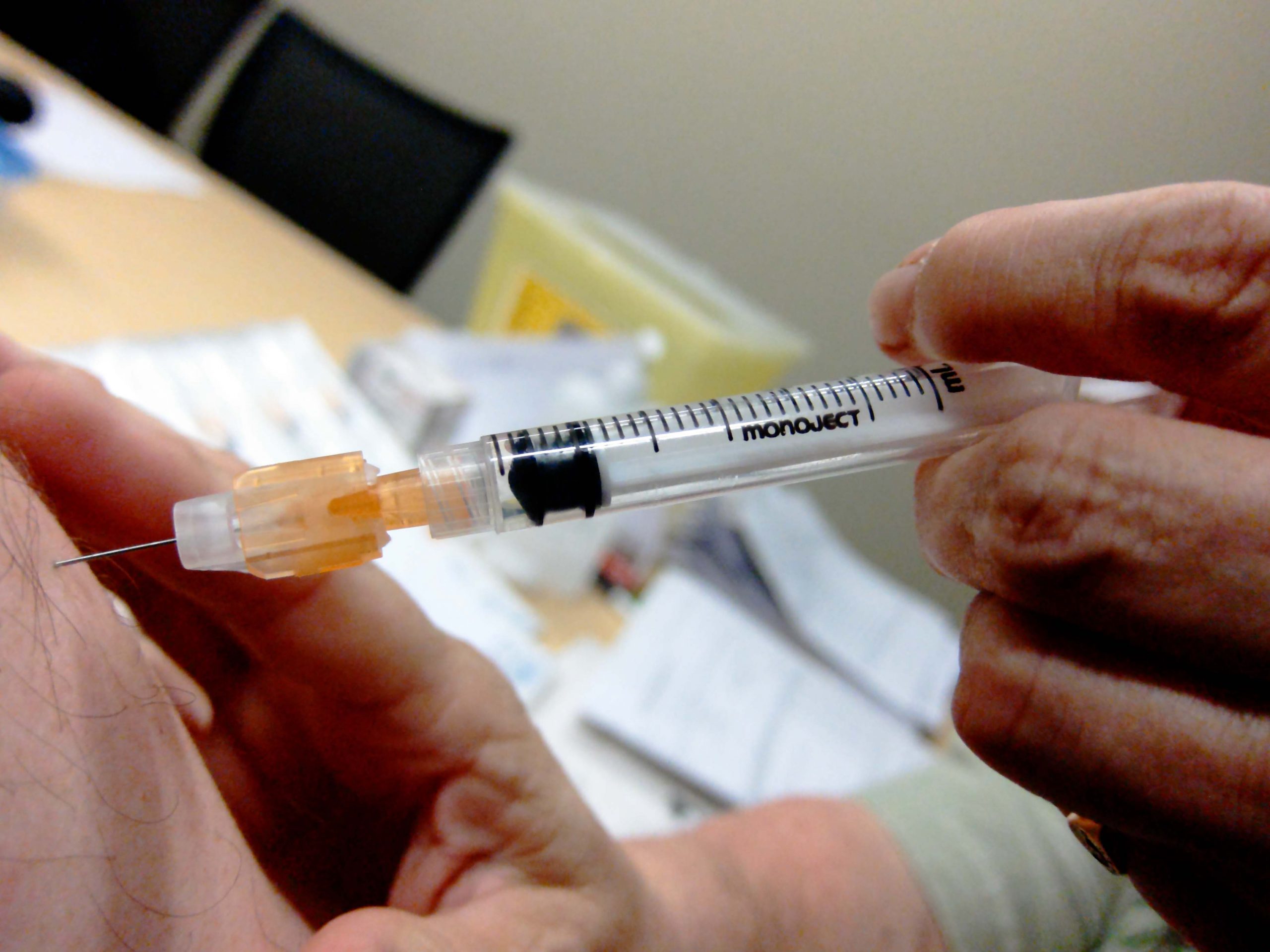
Children between 12 months and 13 years old across Qatar will be given free Measles, Mumps and Rubella (MMR) vaccines next month as part of a national campaign.
The drive will run from Oct. 17 to Nov. 14, with the help of schools, health centers and the Ministry of Public Health (MOPH).
It will target some 280,000 children across the country as part of a global initiative to eradicate the highly infectious measles virus by 2020.

According to officials, the move follows previous successful efforts to eliminate diphtheria and tetanus in Qatar, which haven’t been reported in the last five years.
In April, the ministry’s director of health protection and communicable diseases control Hamad Al Rumaihi said:
“The task that now confronts us is to eliminate measles. We have seen some sporadic cases in Qatar, most of which belong to children who have not received or completed their vaccinations.
Such cases are immediately spotted, monitored and reported to WHO.”
Where to get MMR
So far, public clinics and some private ones have already signed up to participate in the campaign.
Additionally, ministry officials will travel to schools to provide the vaccine, a MOPH representative told Doha News.
All schools in Qatar are currently being contacted to schedule next month’s vaccines on campus, the rep added.
Schools in turn are notifying parents of the drive.
For example, in a letter sent yesterday, Park House English School said the vaccine would be mandatory for students who had not received two doses of the MMR vaccine.
Exemptions will only be made for students with a medical certificate outlining the health reasons why a child cannot receive the vaccine, the school added.
Getting the vaccine
According to Qatar’s immunization schedule, MMR is usually administered at 12 months and at 18 months old.
The health ministry and Primary Health Care Corporation (PHCC), which runs the publicly-funded health clinics in Qatar, announced the campaign earlier this summer.
They have yet to publicly issue the list of participating clinics, but some popular private health centers have already said they will be taking part.

For example, the Feto-Maternal Center in Al Markhiya announced yesterday on its Facebook page that it would be offer the vaccine for free.
However, there may be a charge to see a pediatric doctor for a consultation beforehand.
Parents can make prior appointments for the vaccine by calling the clinic on 4475 6369 or 4475 6370, or emailing [email protected].
Herd immunity
Tadawi Medical Center near Bin Omran is also planning to provide the free vaccines as part of the campaign.
Resident pediatrician Dr. Renu Angwin told Doha News why she believed parents should get children vaccinated.

“Measles is still prevalent. It is highly contagious and it still causes deaths worldwide. It is important that we try to eradicate it,” she said, continuing:
“People should remember that herd immunity protects you to a certain extent but we are in Qatar and people travel – they go other countries where Measles is much more prevalent than it is here.
If a child isn’t vaccinated, they risk exposing that child to a really serious illness,” she said.
Appointments can be made by calling the center on 4041 4243.
In addition to the two standard doses of the MMR vaccine, a third dose will also be available as part of the campaign for children who are over two years old, if their parents wish them to have one, Angwin added.
What is measles?
Measles is a highly contagious disease caused by a virus and it is one of the leading causes of death among young children, the World Health Organization (WHO) states.
The first sign of the virus is a high fever, which can last for about a week. This is followed by a rash, usually on the face and upper neck, which then spreads to reach the hands and feet. The rash fades after about five or six days.

Most measles-related deaths result from complications arising from the disease such as blindness, encephalitis (swelling of the brain), severe diarrhea and respiratory infections.
There is no antiviral treatment for measles. As a result, WHO advocates comprehensive vaccination.
In 1980, before widespread vaccination, it caused an estimated 2.6 million deaths a year.
In 2014, this fell to 114,900 deaths globally. Between 2000 and 2014, the number of deaths as a result of measles fell by 79 percent, according to WHO figures.
By 2020, the organization aims to eliminate measles and rubella in at least five regions.
Thoughts?







